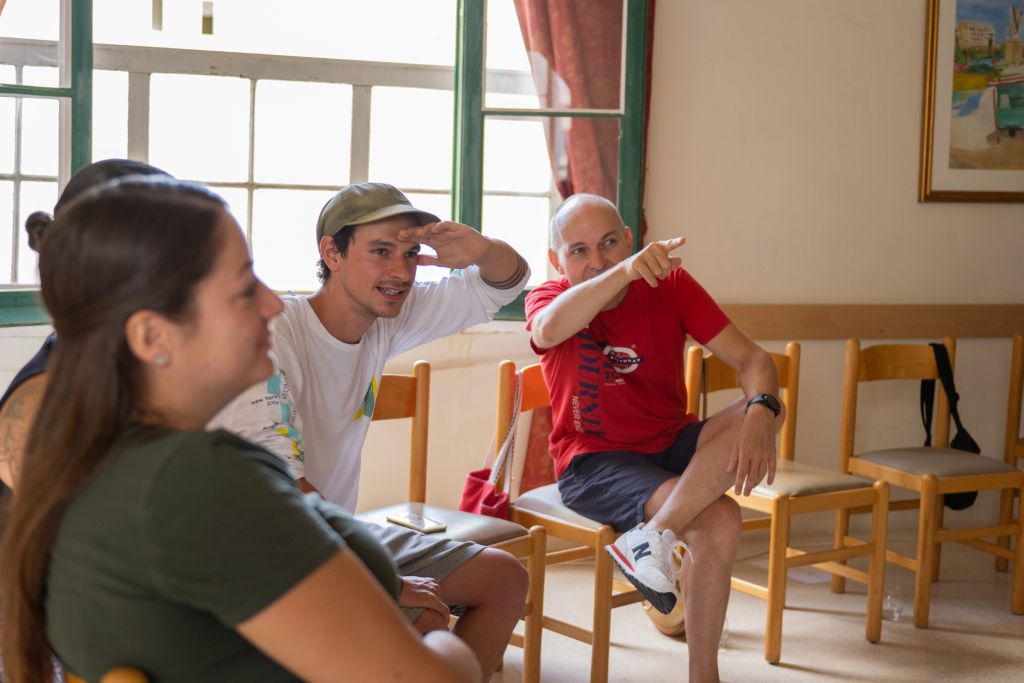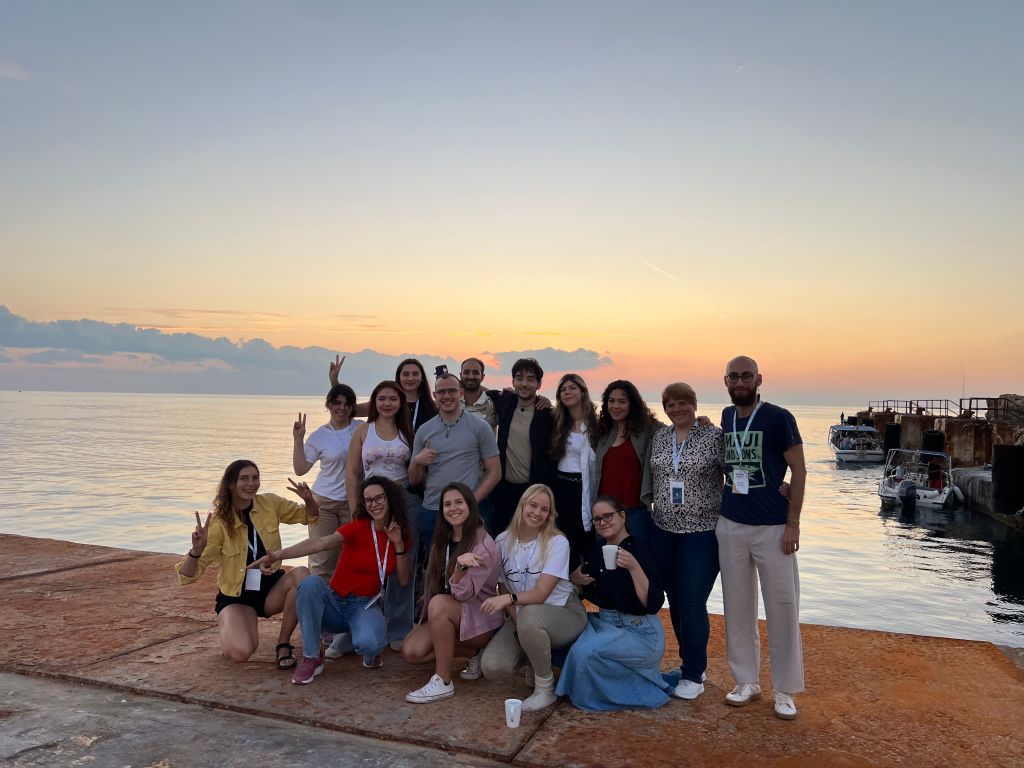The St. Francis de Sales Institute (FDSI), under the Don Bosco Foundation Malta, is uniquely positioned to create impactful partnerships in Europe and globally.

Objectives of Partnerships for the St. Francis de Sales Institute (FDSI)
- Strengthening and Expanding the Reach of Work-Based Learning
- Provide access to best practices, innovative curricula, and tools that enrich learning experiences for FDSI’s target groups.
- Facilitate exchanges of knowledge between educators and trainers, enabling the design of flexible, tailored training approaches for diverse learners.
- Promoting Social Inclusion and Equity in Education
- Collaborate on projects aimed at reducing educational disparities and improving social mobility.
- Gain support for inclusive education campaigns that empower vulnerable populations.
- Advocate for equity-focused policies in collaboration with governmental and non-governmental organisations.
- Enhancing Informal and Non-Formal Education Opportunities
- Co-create programmes that foster lifelong learning and skills development outside traditional academic settings.
- Share successful methodologies in experiential learning, civic education, and soft skill training.
- Engage in joint research to measure the impact of informal learning on employability and well-being.
- Strengthening International Networks and Advocacy Efforts
- Amplifying the voice of work-based learning institutions in global discussions on education.
- Partnering on advocacy campaigns promoting informal education as a tool for empowerment.
- Establishing a presence in international forums, such as UNESCO or EU initiatives, to share success stories and influence policy decisions.
- Leveraging Resources and Funding Opportunities
- Co-develop grant proposals for Erasmus+, Horizon Europe, or other international funding programmes.
- Benefit from shared infrastructure, such as digital learning platforms or joint facilities for vocational training.
- Enhance its financial stability while expanding educational outreach and innovation.
Conditions for Engaging with New Partners
To ensure effective and meaningful collaborations, FDSI must establish clear criteria for selecting and engaging with potential partners. These conditions may include:
- Alignment of Values and Mission
Partnerships should be grounded in shared goals and values, particularly a commitment to non-formal education, social inclusion, and empowerment. FDSI should:
- Seek organisations with a demonstrated commitment to disadvantaged groups.
- Prioritise partners with a proven track record in non-formal or work-based education.

- Complementary Expertise and Resources
Mutual benefit is a cornerstone of successful partnerships. FDSI should assess whether potential partners can:
- Offer complementary expertise in areas like curriculum development, non-formal education, digital innovation, or teacher training.
- Provide access to networks or resources that FDSI may lack, such as connections to specific marginalised communities.
- Commitment to Long-Term Impact
- Evaluate whether potential partners are committed to measurable and impactful results.
- Seek partnerships that prioritize scalability and replicability of successful models.
- Ethical and Inclusive Practices
- Ensuring all collaborations are designed to benefit both organisations and their respective communities.
- Including mechanisms for conflict resolution and equitable decision-making.
- Engagement in Continuous Learning and Innovation
- Regular knowledge exchange through joint workshops, seminars, and conferences.
- A willingness to pilot and refine innovative practices in education and training.

Strategies for Attracting Potential Partners
- Highlighting FDSI’s Success Stories and Unique Approach
- Develop compelling case studies and testimonials demonstrating its impact on young people and other groups.
- Share success metrics, such as increased employability or personal development outcomes among its learners.
- Participating in International Forums and Networks
- Maintaining an updated website with comprehensive information about its programmes, mission, and achievements.
- Utilising social media channels to share impactful stories, upcoming events, and partnership opportunities.
- Building a Strong Digital Presence
- Attending and presenting at educational conferences and seminars, such as the European Vocational Skills Week or UNESCO’s Global Education Monitoring meetings.
- Joining networks like the European Forum for Vocational Education and Training (EfVET), or the European Association for the Education of Adults (EAEA) among others.
- Co-Hosting Collaborative Projects and Events
- Partnering on pilot programmes for innovative work-based learning methods.
- Co-hosting webinars or workshops focused on shared challenges in education, such as digital inclusion, work-based learning or refugee education.
- Developing a Partnership Prospectus
- FDSI’s vision, mission, and core areas of expertise.
- Clear examples of potential partnership projects and success metrics.
- Testimonials or endorsements from existing partners and beneficiaries.
- Leveraging Strategic Alliances
- Partnering with these organisations to identify potential collaborators.
- Using their networks to promote FDSI’s initiatives.
- Offering Exchange Programs
Partnering on exchange programmes for students, trainers, or staff can foster closer ties and mutual understanding. Examples include:
- Organising exchange visits to share insights and learn from each other’s approaches.
- Establishing online peer-learning platforms to connect learners and educators across partner institutions.
- Collaborating on Research and Innovation
- Publish research findings on the impact of work-based learning and non-formal education in disadvantaged communities..
- Collaborate with academic institutions to study trends and develop innovative practices in informal education.
New Partnerships
FDSI looks forward to forging new partnerships with similar organisations in Europe and beyond the old continent. By fostering partnerships with aligned institutions, FDSI will significantly expand its impact on non-formal education and training, particularly for disadvantaged groups but also for other groups involved in development. Through clear objectives, strategic engagement, and an emphasis on mutual growth, FDSI hopes to attract global attention and contribute to meaningful advancements in work-based and informal education. Effective partnerships will not only enhance FDSI’s capacity but also drive transformative change in the broader educational landscape



